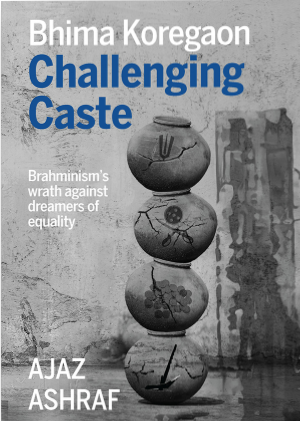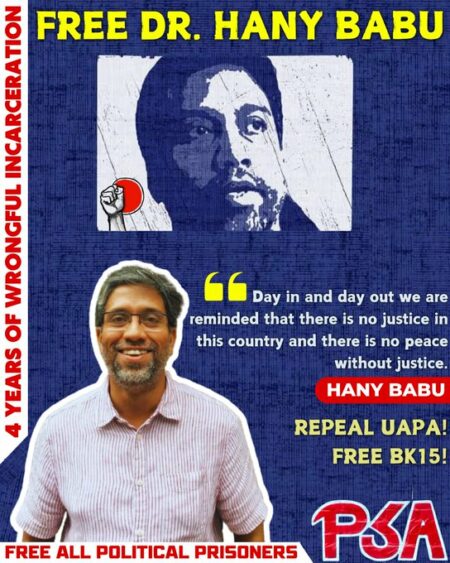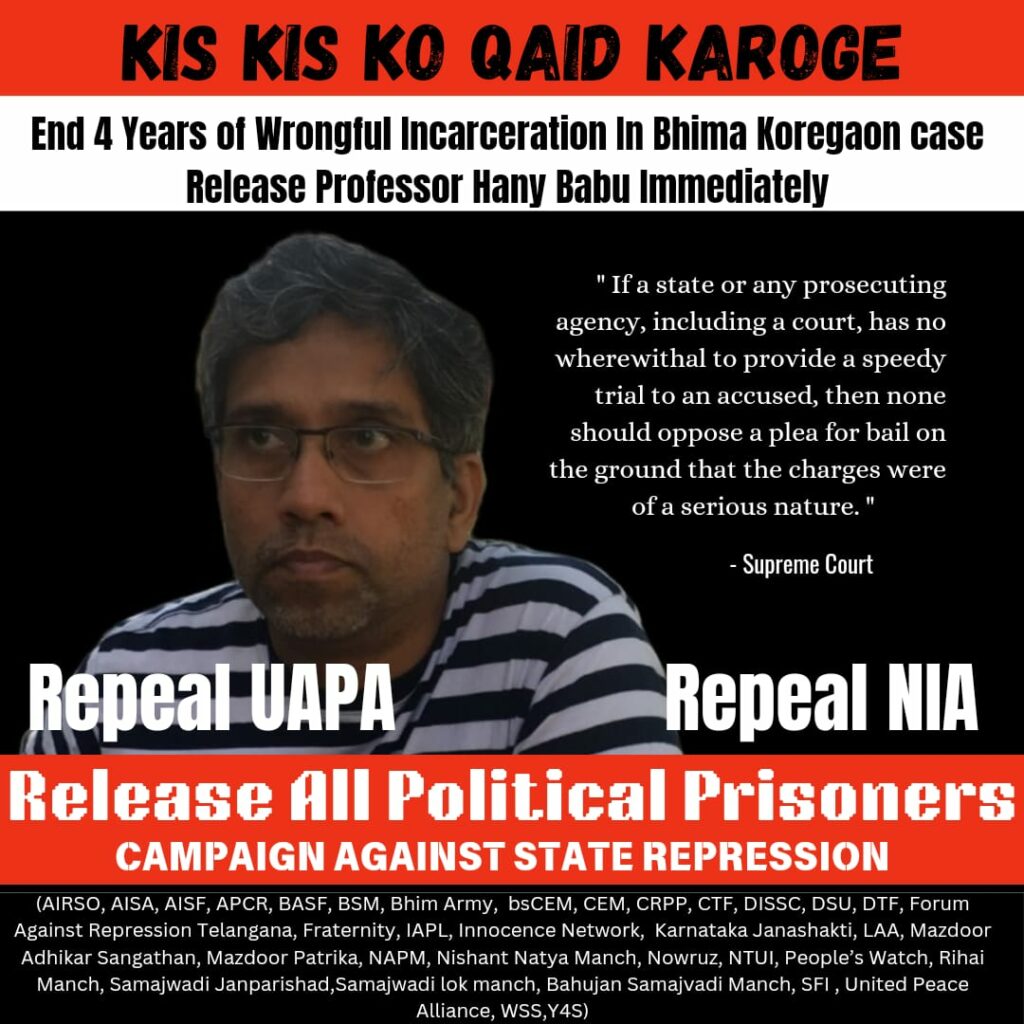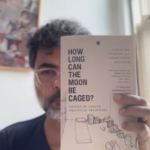How Kabir Kala Manch, the anti-caste cultural troupe, challenges the hierarchical social order
Scroll.in / by Ajaz Ashraf
An excerpt from ‘Bhima Koregaon: Challenging Caste’, by Ajaz Ashraf.
Maharashtrian academic Amarnath Chandaliya founded the Kabir Kala Manch in the wake of the 2002 pogrom against Muslims in Gujarat. The troupe’s avowed mission was to use songs and skits to inoculate the lower classes and castes against the virus of communalism concocted by the votaries of Hindutva, or militant Hindu nationalism. Given the communal-caste linkages, the Kabir Kala Manch subsequently deployed its artistic oeuvre to sensitise its audiences to the oppression and violence built into the Hindu hierarchical social order.
Read more
▪ Bhima Koregaon: Challenging Caste. Brahminism’s wrath against dreamers of equality

Author: Ajaz Ashraf
Publisher: AuthorsUpFront
Publishing Date: June 2024
Binding: Paperback
Language: English
Pages: 496
Read more/order
Also read:
▪ How Dalits, Muslims, Adivasis encounter the State. ‘It has its boots on our necks’ (The Print / Jul 2024)
▪ Kabir Kala Manch: A History of Revolutionary Singing and State Repression (ritimo / April 2022)
▪ Video: Dafachya Talavar (Songs of Defiance) – A short documentary on Kabir Kala Manch | Hindi, Marthi (subtitles: English) | 24:01min | 2022

















